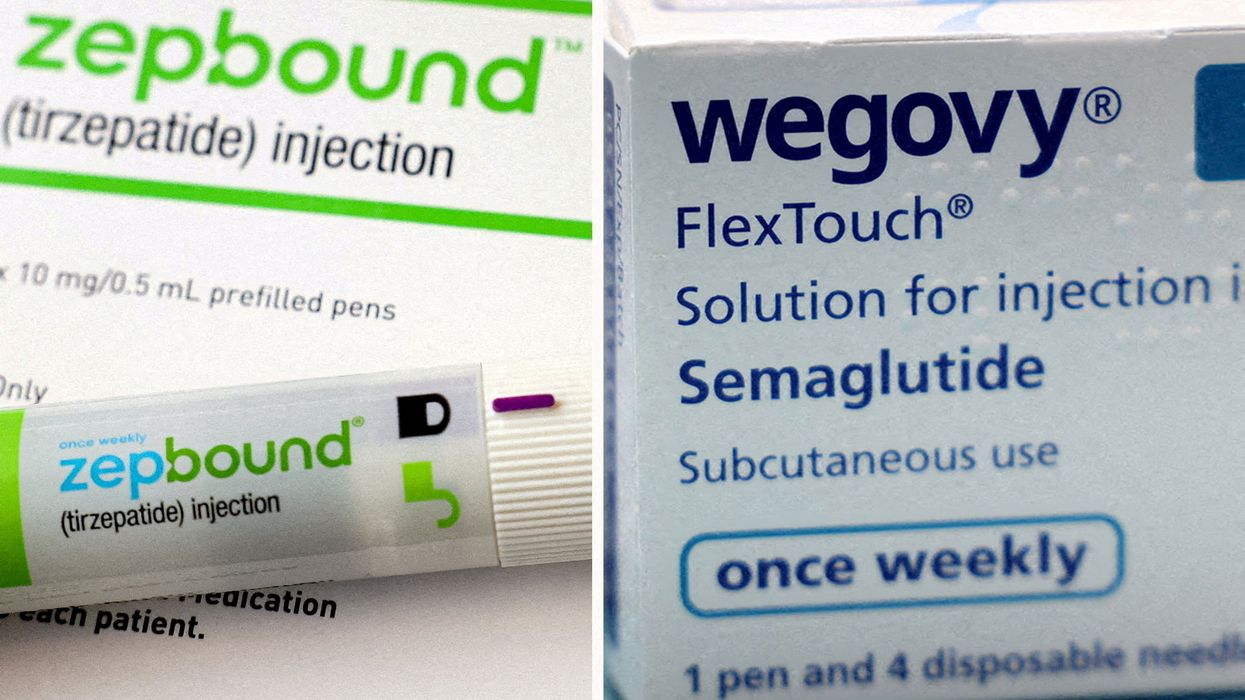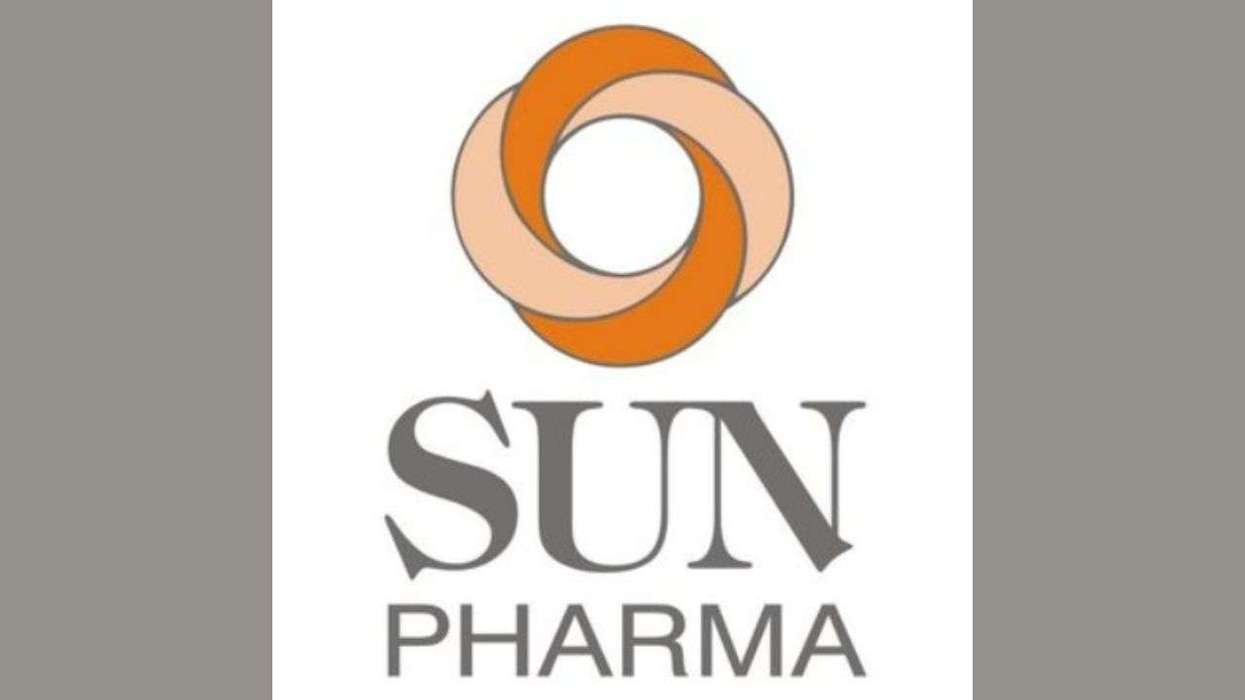A new class of weight loss drugs developed by Novo Nordisk and Eli Lilly “opens the possibility of an end to the obesity pandemic” alongside other interventions, the World Health Organisation (WHO) said this week.
But the global health agency said it has concerns that unless health systems prepare properly, the drugs could distort the response to the global obesity crisis, risking leaving people behind and overshadowing other steps to improve health.
The new drugs “have the potential to be transformative”, according to the WHO’s chief scientist, Jeremy Farrar, its director of nutrition, Francesco Branca, and his senior adviser, Francesca Celleti, in an opinion piece in the Journal of the American Medical Association (JAMA). The article is the agency’s clearest comment yet on the potential of the new drugs, known as GLP-1 receptor agonists.
But “medication in isolation will not be enough to address the obesity crisis,” they added, calling instead for the innovation to push clinicians, governments, the pharmaceutical industry and the public towards considering the condition a chronic disease that needs further study into how best to prevent and treat it.
More than a billion people worldwide are obese, and there were 5 million obesity-related deaths in 2019, the WHO said. The condition is becoming more common almost everywhere in the world.
The article accepts that, while there is good evidence for the effectiveness of policies aimed at healthy diets and regular physical activity, “it is time to recognise that...(they) have so far failed to treat obesity.”
Combining them with the new drugs could change that, it said, but the authors also raised concerns with how the treatments - known by the brand names Wegovy and Mounjaro or Zepbound – are being rolled out.
For example, they said models that intervene only when people have severe obesity or other related conditions must be replaced with models that see obesity as a chronic disease requiring a social, public health and clinical response.
They also said the drugs need to be available more equitably, cheaply, and at greater scale in order to respond to the obesity crisis in low-income countries as well as among the world’s wealthiest.
The agency is drawing up guidelines for how to use the drugs in adults, including in low and middle-income countries, which are due out in July 2025.
In 2023, the WHO decided not to add GLP-1 drugs to its essential medicines list, a catalogue of the items that should be available in all functioning health systems. Another application has been lodged for the agency to again consider their inclusion in the 2025 list update, a spokesperson said on Wednesday.
(Reuters)












